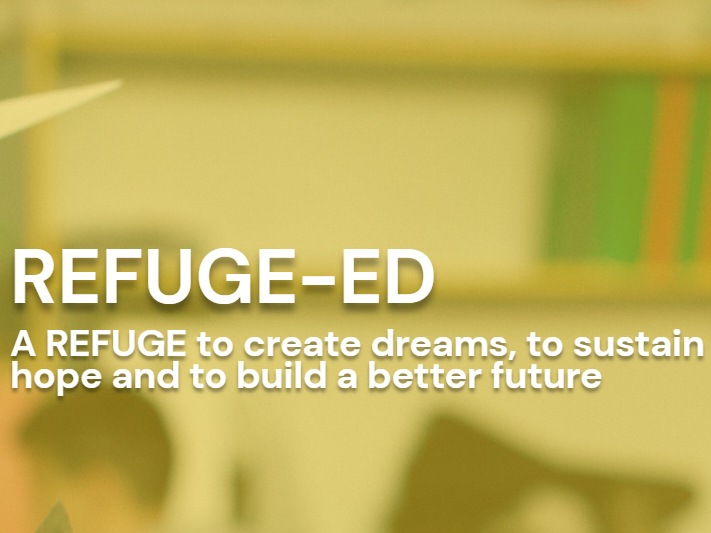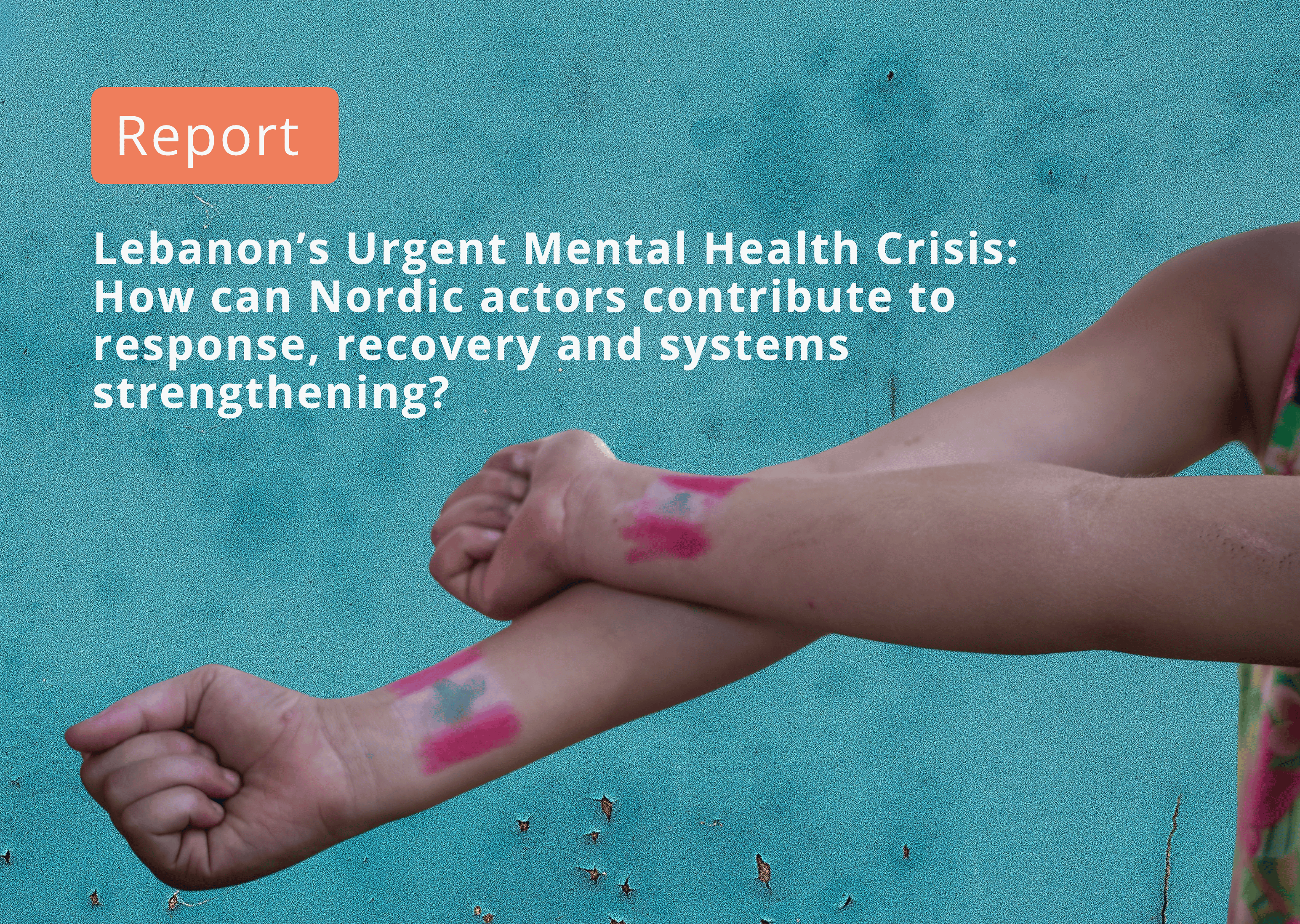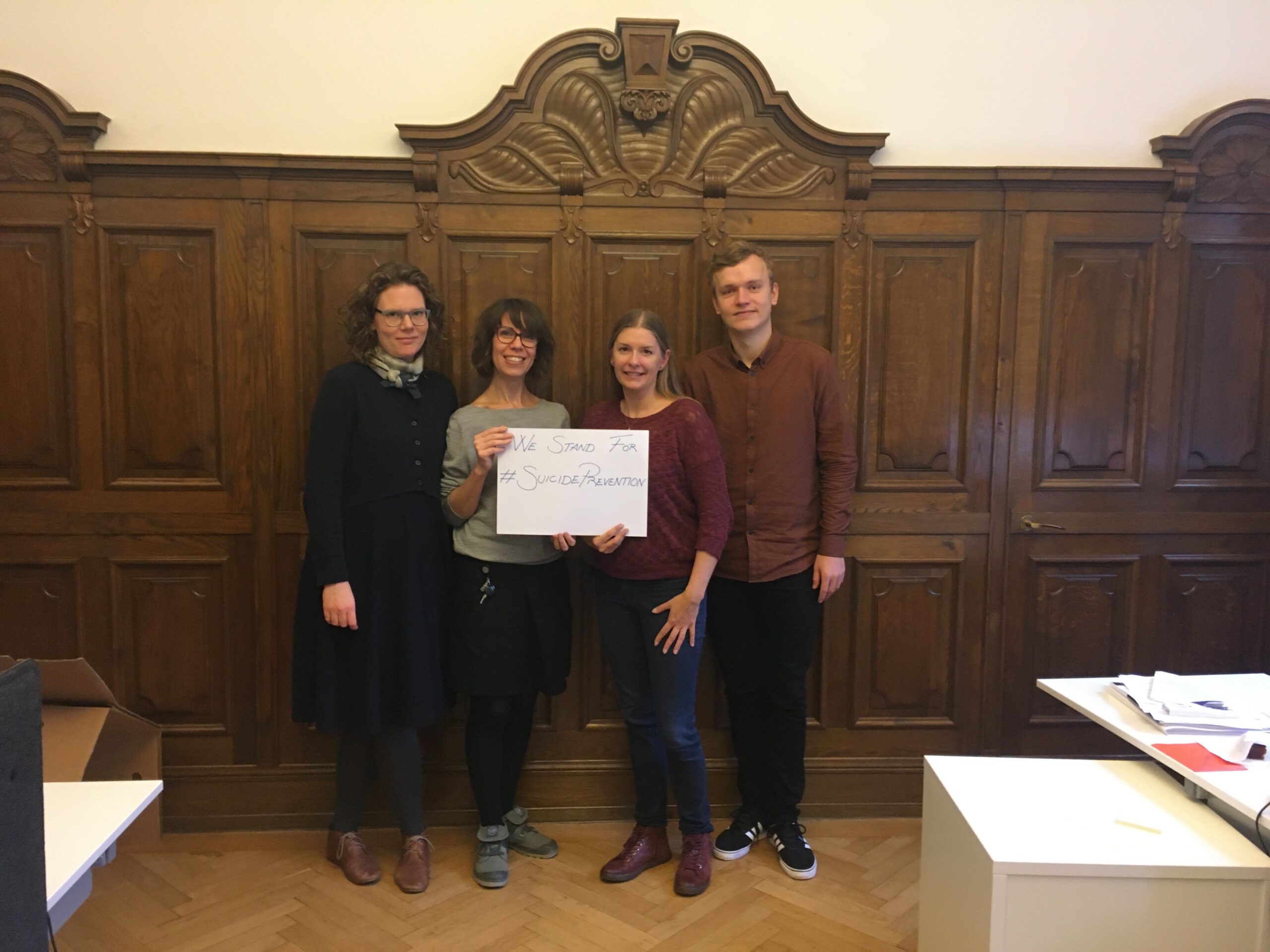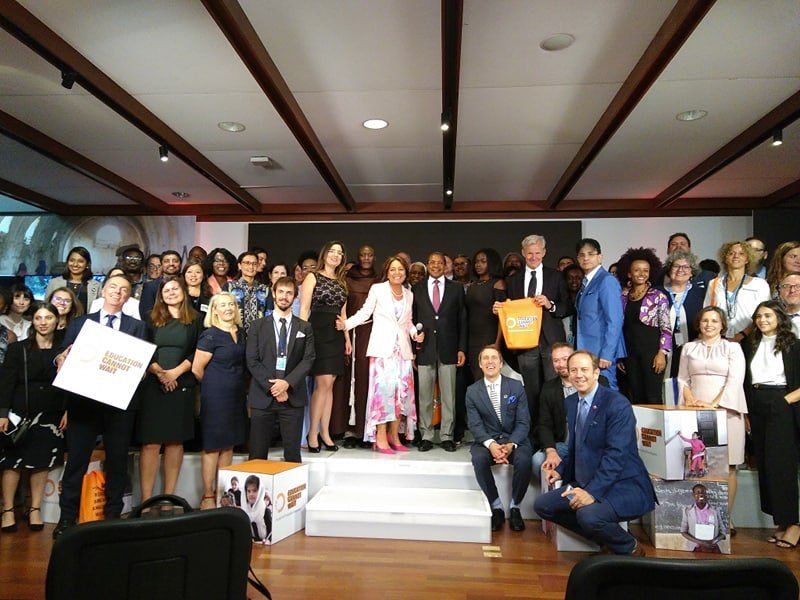Too many migrant and refugee children in Europe today do not have their basic needs for education and wellbeing fulfilled. Since 2015, Europe has experienced its largest refugee crisis since World War II. Many of the refugees arriving in Europe are children and unaccompanied minors. The children have experienced displacement, separation from loved ones, and – very often – exposure to violence.
Ensuring that the children and youth have access to quality education and a protective learning environment is key to restoring their emotional security and sense of place.
The MHPSS Collaborative has joined forces with seven European partner institutions on the REFUGE-ED project, which aims to foster socially inclusive, supportive learning environments for refugee children, unaccompanied minors, and the hosting communities.
The REFUGE-ED project works with an evidence-based approach identifying successful practices in education and mental health and psychosocial support that have proven positive social impact. In close collaboration with educators, students, parents and communities, the research team explores how these practices can be adapted and scaled to meet the specific local needs at any educational institution in the European Union.
“In education practise is too often based on assumptions and prejudice, which stands in the way of providing high quality education. For years we have worked in the development and identification of educational practises that have a scientifically proven impact. One of the things we know from our research is that the more the educators, children and their families have access to these scientifically proven successful practices, thus, they are involved in selecting, adapting and participating in their implementation, the better outcome we can expect.” explains Dr. Teresa Sorde Martí, coordinator of the REFUGE-ED project and professor at the Autonomous University of Barcelona. “For this reason, scientific evidence and dialogic co-creation is at the core of everything we do in the project.”
“We know that there is a strong connection between learning, emotional wellbeing and social belonging. For refugee children and unaccompanied minors these factors become particularly important. Many have a disrupted education, are suffering the mental health consequences of their experiences before, during and after their flight and are struggling to find their feet in a new country, community and culture. When schools work with both the academic, social and mental health aspect of education in a community-based way and based on what science indicates that works, we have a powerful potential to help a lot of children improve their lives”, adds Dr. Leslie Snider, Director of the MHPSS Collaborative.
46 schools, institutional care facilities and reception centres in Spain, Italy, Greece, Ireland, Sweden, and Bulgaria will implement these successful practises. At each site, educators, children and families will choose the practices they find most relevant and work together to adapt and scale them to their specific needs.
The project team participates in and evaluate the processes to be able to share the learning with the wider educational community through a platform launched at the end of the project. This platform will provide all the knowledge and training necessary to roll out the practices for enhancing educational success, emotional wellbeing and a sense of belonging at any European school.
The REFUGE-ED consortium brings together nine research institutions and non-government organisations located in six countries. Their combined expertise includes migration studies, education, mental health and psychosocial support, humanitarian, and social field work. The project activities will cover the 2021-2023 period.
For further information:
Contact: Teresa Sordé Marti, Autonomous University of Barcelona, [email protected]






